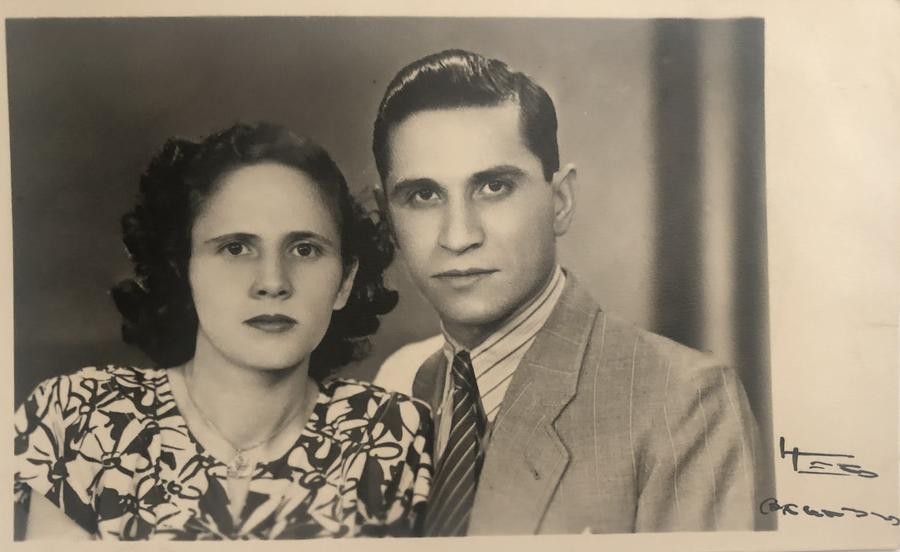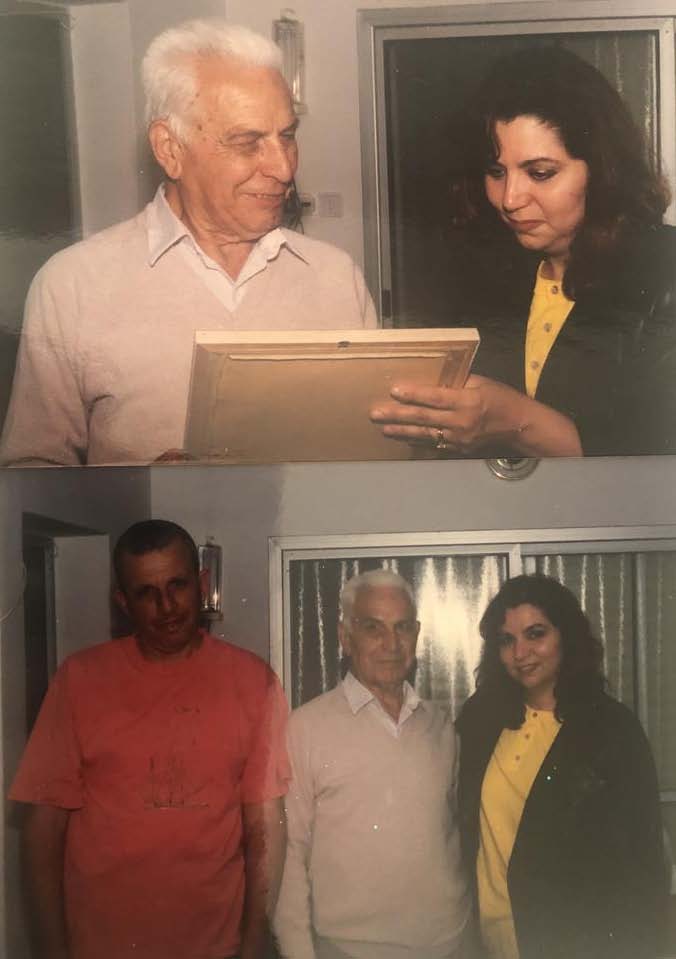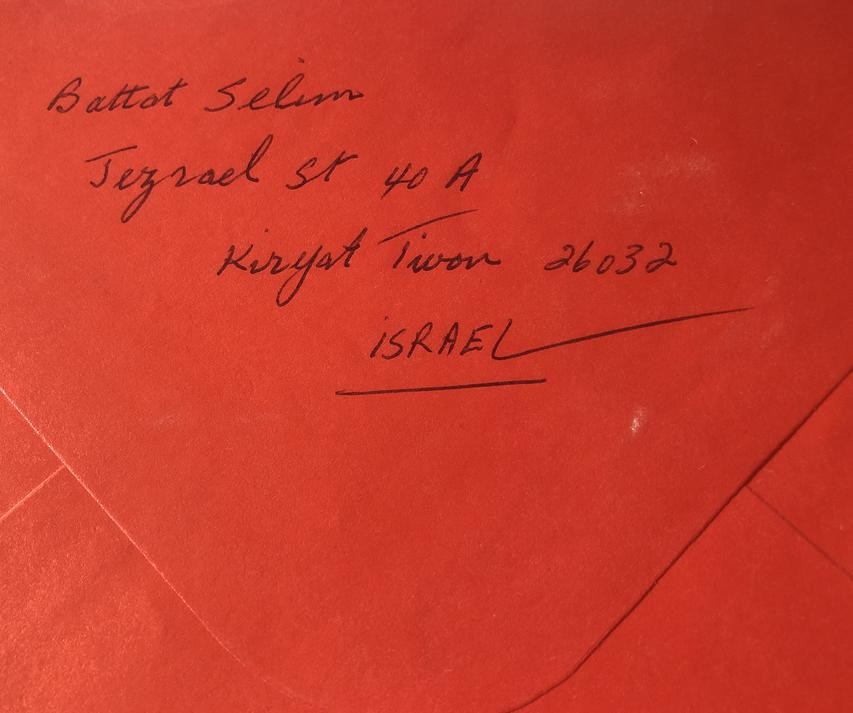1951: Assyrians Helped Jews in IraqPosted: Friday, January 21, 2022 at 01:22 PM UT On September 10, 2021, I posted an article on Facebook about a report suggesting that the Assyrian Church of the East was in the process of building close ties with Israel. People commented. Dr. Yaacov Moaz, an Israeli, commented the following: “The story of the Jewish people is similar to that of the Assyrian people. When the Iraqis expelled my parents from Iraq and robbed us of all our property, not a single Assyrian stood up in our defense. Since 1951 you have not cared about Israel. Most Assyrians have been educated to hate us and some still continue to do so. The time has come for a significant historical correction. Instead of asking tough questions. Ask yourself how you contribute to the rapprochement between the peoples that will later have a positive effect on the Assyrian people.” I responded to Dr. Moaz from a personal family experience. My late father, Aprim Minashe, had a Jewish friend, Selim Battot. They worked together at the Iraqi Petroleum Company in Kirkuk. One day late evening (1951) and before Battot was to leave Iraq, Battot came to our home with a bag (small suitcase) and told my father, “I do not know what is going to happen in the next few days. Would you keep this bag with you and bring it to me when I get in touch with you later? If I called you, allow me to have my suitcase back, but if I did not call you, keep the suitcase and all that is in it to yourself.” My father waited for a phone call from Battot. Couple of days later, Battot called and asked my father to meet with him in Baghdad. My father traveled from Kirkuk to Baghdad to give back Battot’s suitcase as Battot was getting ready to leave Iraq. Battot said, “I was going to leave Iraq either way with or without my savings which were in the bag, you could have kept the suitcase to yourself and I could have done nothing.”
Battot looked at the suitcase and said to my father, “I could tell that you have not even attempted to open it.” My father responded, “I cannot open a bag left with me in confidence?” Battot was very grateful. The two friends lost contact since then. In 1997, my sister Flora Aprim Essa and her husband Raman Essa traveled to Israel. My father had asked my sister to look for his friend Battot if possible. My sister and her husband tried many avenues, including the phone information office, but they were told that there were too many names under Battot. She kept calling the phone numbers under Battot provided to her by the office – some were wrong numbers and others did not answer. My sister had prayed every day and sought help from God, because she wanted to make my father happy. Finally, she tried one last time on the last day of their trip and the Battot they were seeking answered the phone. They arranged to meet. Battot (an old man now) asked them to wait at a popular location, because it was going to be hard to find him where he lived, he told them. Battot came to the arranged meeting location in a taxi and took my sister, her husband and their luggages to his home. They spent few joyful hours together before my sister and her husband were to leave to the airport. Battot told my sister, tell your father that I will never forget that he brought that suitcase back to me intact. As time approached to say goodbyes, Battot arranged a taxi to take them to Tel-Aviv airport. Having exchanged phone numbers, my father and Battot stayed in touch after that. We have to remember that the Assyrians in Iraq lived through the 1933 Simele massacre where over 3,000 Assyrians were murdered by the Iraqi army under Kurdish general Bekr Sidqi. The Assyrians were not in position to help the Iraqi Jews during the 1941 Farhud (Arabic term meaning pogrom or violent dispossession) having lived through a horrible massacre only 8 years earlier. The Assyrians were still seen, and are still to a certain degree today, as the enemies of Iraq. However, my father had told me that few of his own friends, just as himself, had helped their Jewish friends in Kirkuk during the 1951/52 Jewish exodus from Iraq. Furthermore, the Assyrians in Iraq were, and still are, forced to study the government curriculum and abide by its content. The Iraqi history curriculum included then wrongful information and false claims about the Assyrians and Assyrian history. Assyrian students were forced to study that curriculum and recite the wrong information about themselves when asked. Even today, the history curriculum printed by the Education Ministry of the Iraqi Government and by the Kurdish regional government in northern Iraq (Occupied Assyria) portray Assyrian history wrongly and unfairly. |



